M&A Blog #16 – valuation (Discounted Cash Flow)
Francine Way
JULY 12, 2017
As I mentioned in my last post, Discounted Cash Flow (DCF) is a valuation method that uses free cash flow projections, a discount rate, and a growth rate to find the present value estimate of a potential investment. Derive Free Cash Flow to Firm (FCFF).

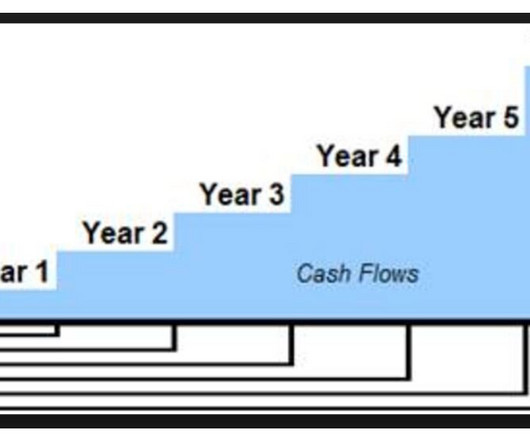

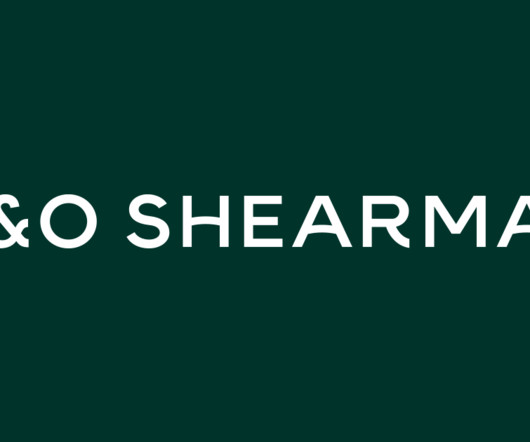
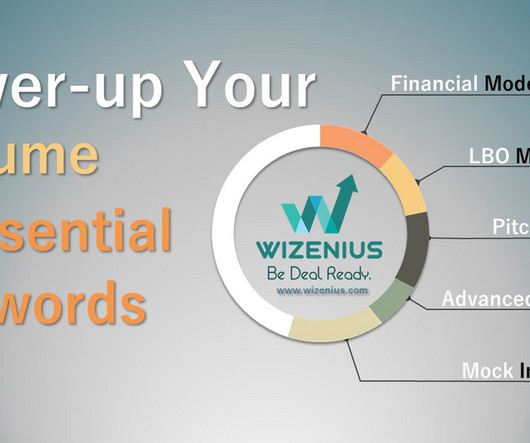

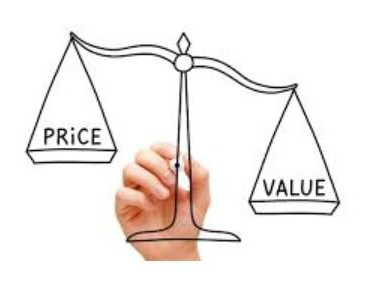
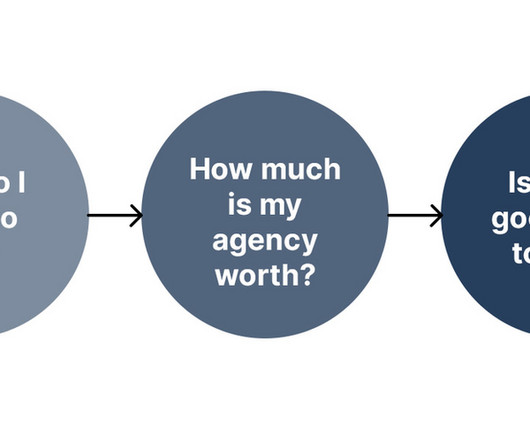
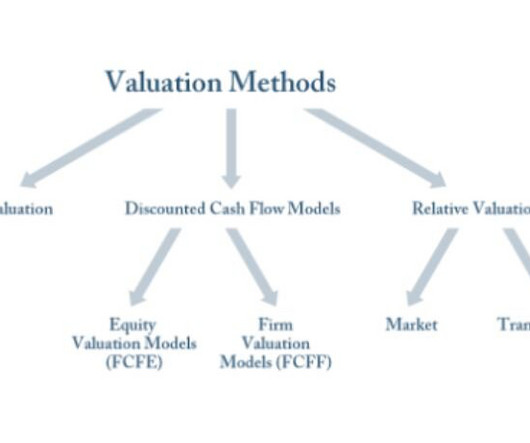
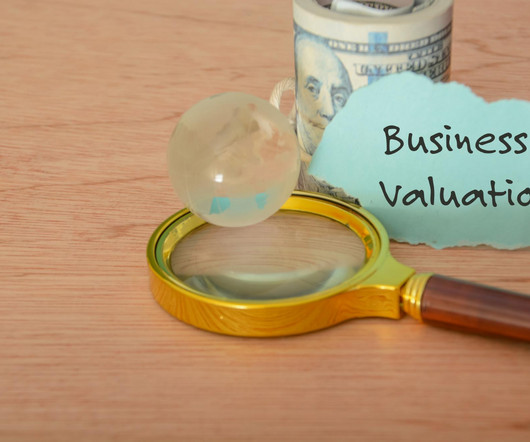









Let's personalize your content